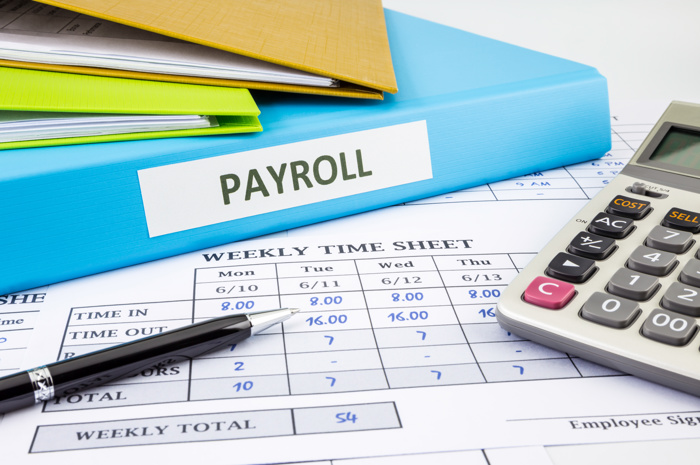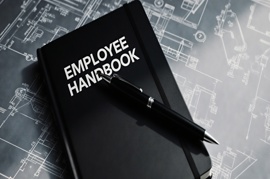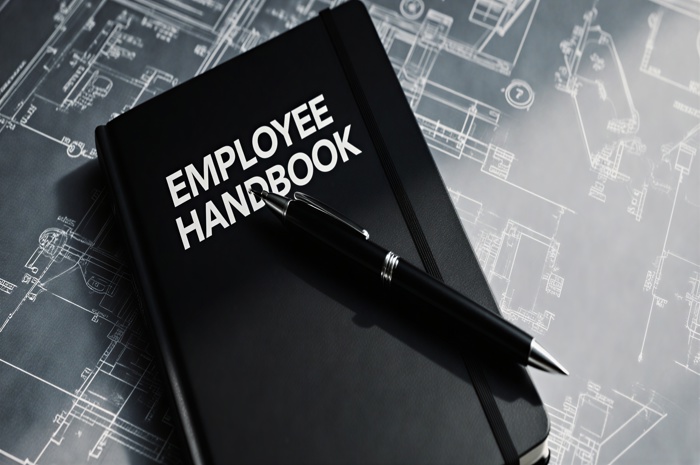What is Payroll?
Payroll is a crucial part of any business that hires employees to work. It refers to the process of a company paying employees. In simple terms, it is a list of each employee and the amount of money they are to be paid. The payroll run is part of the PAYE (pay as you earn) process.
The aim of a payroll run is to make sure that employees are paid on time and paid the right amount. It also provides HMRC with the basis to determine which tax bands employees belong to and also calculate how much tax and National Insurance Contributions (NIC’s) need to be deducted from their gross pay.
There are numerous components included in running a payroll. You need to know each employee’s details such as their address and national insurance number, the hours they have worked and any tax or deductions made. This information will be presented on a payslip and will show the employee’s gross and net pay.
Payroll can be run in different ways, the choice of which depends on you and your business. The cheapest yet most time-consuming method is completing payroll by hand, although this option is only available to a very small number of Companies. Most Companies will need to complete their payroll run electronically, therefore the options are hiring an accountant where you can have someone trained to execute payroll for you. This option limits the risks of error but can also increase your costs. Another possible choice is to use a payroll software which can be effective, accurate and less time-consuming but does usually incur a fee.
Why do businesses miss the payroll run?
Payroll is a complex process which means there is potential for error and a risk of missing the payroll run. Here we will go through some of the reasons an employer might end up paying employees late.
Administration Mistakes
As we mentioned before, a payroll run requires a lot of detail which means it is incredibly easy to make a mistake. Managing large data sets and new legislations is tricky so having an organised payroll process is imperative.
Miscalculating pay is a common slip. This can be under or overpaying employees, deducting the wrong amounts for benefits or deductions or missing the first pay check to a new employee. Correcting these mistakes can be frustrating and time consuming for anyone involved.
Insufficient Funds
Cash flow issues are one of the main obstacles businesses face when paying their employees. Payroll may end up being one of your largest areas of expenditure when running a small company, therefore management of cashflow is very important.
Cash flow emergencies happen when you are paying out larger sums of money compared to what you are brining in. In tough economic times, large customers may find it difficult to pay you what is owed which results in money you are relying on being inaccessible for the time it is needed. As a consequence of this, you may find yourself unable to pay your employees on time.
It is crucial for all businesses to stay on top of their cash flow. Despite careful budgeting, unexpected costs such as large tax bills always have a chance of occurring. New equipment being purchased but not accounted for or customers making late payments are just a few of the challenges that the cash flow faces.
Why could this cause problems?
Making sure you pay your employees on time is essential. If you don’t it could lead to an unhappy workforce. Employees could lose trust in their employer and possibly become unmotivated to complete work or even look for alternative employments.
According to UK legislation, you must notify employees of the day or date that they will be paid which is usually stated in their contract. Your employees may sue you for breach of contract if you fail to make a payroll run on time which results in paying employees late.
In addition to this, failure to submit payroll reports to HMRC on or before the agreed payday could cause issues with HMRC and incur penalties.
How to avoid missing payroll?
In order to ensure money is available for your payroll run you will need to be organised and forecast your cash flow. This includes promptly collecting and issuing invoices to ensure there is money in the bank, creating financial goals and targets to monitor closely, meeting standards by running internal audits and hiring capable employees to expand your payroll team. You will have more time to resolve issues when you can find them early on.
Some resources and tools can automate payroll processes to help you stay aligned with the ever-changing legal requirements. These resources will aid you in limiting the level of manual entries you do and hence the chance of manual error.
If the cash pot is much lower than expected there are a few things you can do to still afford to make the payroll run. Delay payments where possible or ask HMRC for more time to pay outstanding debts. Short term funding options like loans are worth considering but need to be monitored carefully as there is a chance of the debt spiralling and creating further financial problems in the long run.
Remember to keep your employees informed on what’s going on if you are having payroll run problems.
Things to Remember
- Payroll is the process of a business paying their employees.
- The main causes of a missed payroll are administration mistakes and insufficient funds, both resulting in an untrusting workforce and the risk of reduced productivity in the business.
- Ensuring you plan and forecast your cash flow can help you detect issues early on. If the business is low on cash there are options such as delaying payments or getting short term loans to help cover the payroll costs.





















